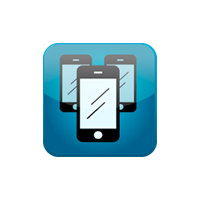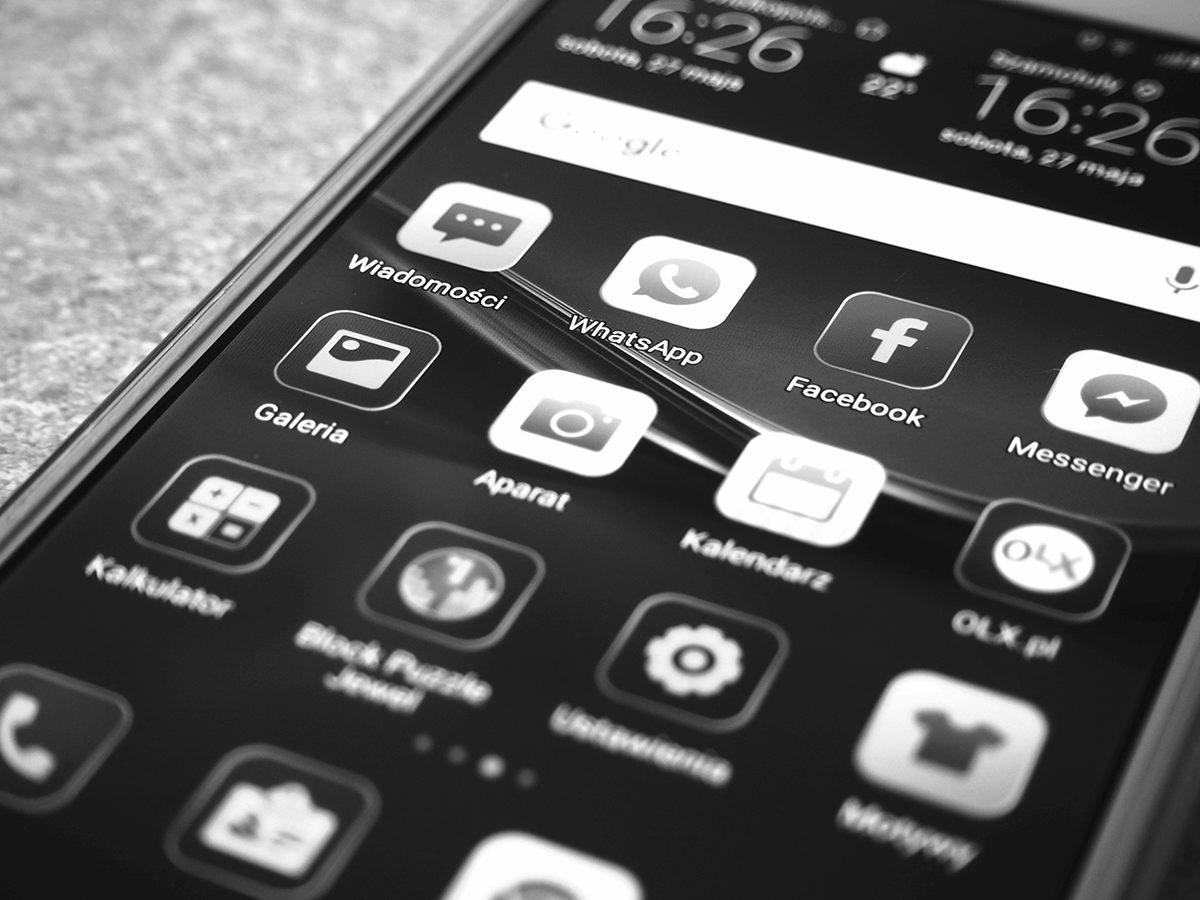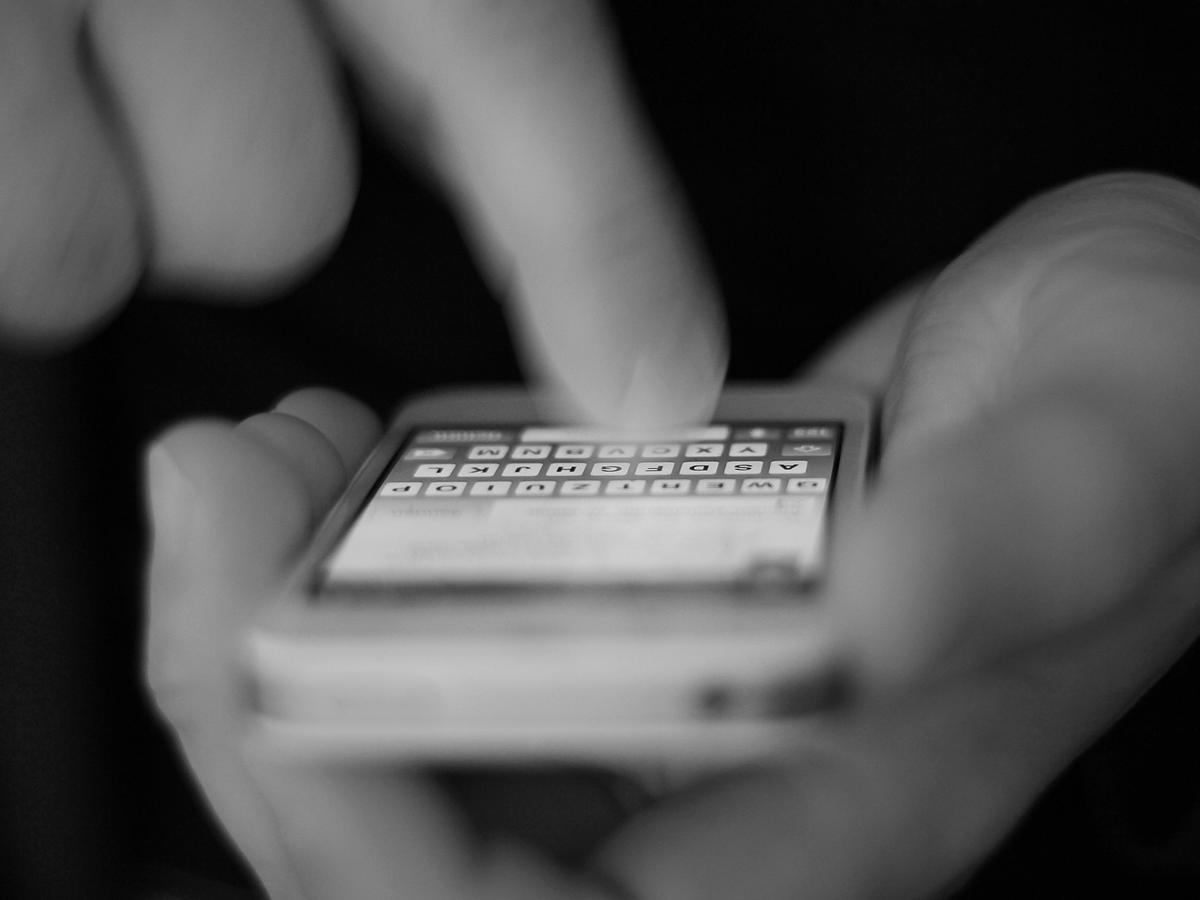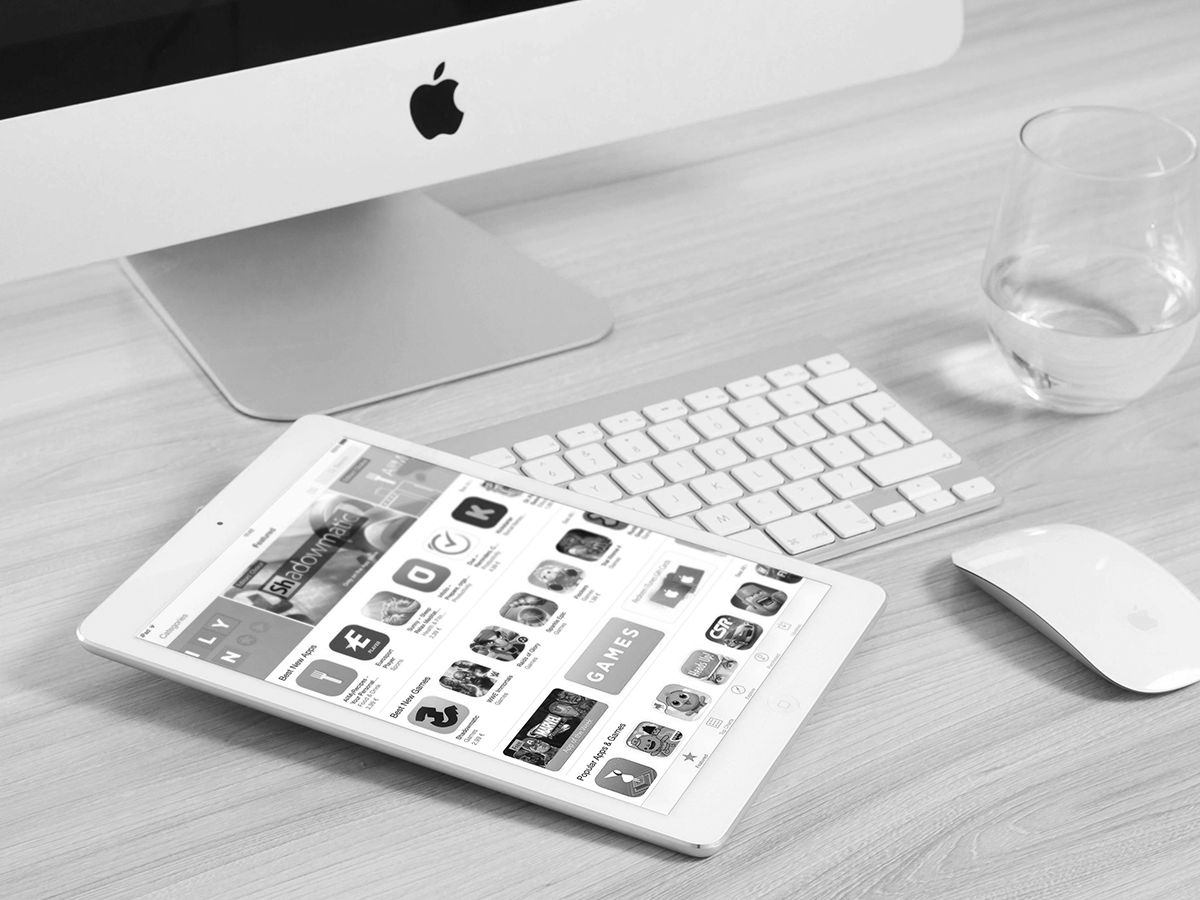Mobile Enterprise Adoption News:
[MEAN] Summary:
- Microsoft looked at Accenture for enterprise adoption assistance for Microsoft Surface Pro
- Microsoft’s hottest mobile offering seems to be Surface tablets.
- Field service and hospitals require tablet sized devices compared to enterprise mobile phones (ex iPhones)
- Some Enterprises reporting, iPads to Surface.
- Buy The Right Device, new BYOD?
- Keyboards – dealt the final blow? Or necessity?
Windows 8 Enterprise Adoption Will Be Segmented By Users – Avanade. By Tom Groenfeldt
Businesses are eager to put touch devices into the hands of certain segments within an enterprise, said Dan O’Hara, vice president for mobility at Avanade.
A consultancy formed by Accenture and Microsoft, Avanade takes a leadership role in helping large enterprises adopt and exploit Microsoft technology. O’Hara said that the Windows 8 touchscreen devices will be is often at the sales people, field service staff, financial advisors and health care professionals, and they are going to be a big market for Microsoft Surface Pro devices because they combine touch with Microsoft manageability such as Active Directory.
In past upgrades of Microsoft operating systems, companies have tended toward firm-wide adoption, or delayed adoption, as Aaron Suzuki at SmartDeploy noted in the article below on the reluctant move from XP to Windows 7 at many companies his firm works with.
O’Hara finds the attitude toward Windows 8 is different. Although Avanade has developed a program with Microsoft and Nokia to package and deliver Nokia Lumia phones with business applications such as links to CRM systems, O’Hara sees the greatest interest in Microsoft’s Surface tablets.
Phones are fine for email but for applications such as field service or hospitals, a larger device is required. Tablets with touch screens are light and mobile, but enterprises want it tied into their managed infrastructure, he said.
Avanade has found companies are more than willing to move away from iPads.
“We are dealing with several companies that have gotten into the implementation [of iPads] and after the first iOS upgrade it is a lot more difficult than they had expected. Now they are looking at replacing iPads with the Microsoft tablets.”
BYOD — Bring Your Own Device — the consumerization of the enterprise, is getting replaced with Buy The Right Device, O’Hara said.
“Is the right solution letting 20 varieties and phones into your company? It’s fine if they are just used for mail. But in a business like retail sales, where you have multiple people sharing a device, companies want a single type of device.” Otherwise a firm would face operational issues such as stocking batteries for multiple devices and training.
In financial services and health care there is a strong move toward providing tablets to staff who deal with customers or patients, but they want Microsoft devices because of concerns about regulation and security. Early iPad use in finance didn’t connect to applications — it connected to email or Web sites because IT didn’t want to put applications or data on the Apple tablet, O’Hara said.
“The move to touch is inevitable,” he said, “and we will see it in more and more scenarios.” Keyboard will continue to play a role, especially in devices where they can attach to a touch-enabled tablet.
“In health care, for example, you can do a lot with browsing and touch, but if you have to fill in new patient information, you will need a keyboard.”
While some financial firms and hospitals are working with Avanade on Microsoft tablets, they aren’t ready to speak yet, he said. BMW, however, is public about the way it uses Microsoft Surface in showrooms to let sales people provide prospects with information about features, functions and inventory without the old routine about “Step into my office…” Customers can design the car with the features they want, interacting with a back-end application that contains prices and rules, such as certain headlights are only available with designated wiper systems, and leather seats come only with heating, as Avanade explains in a case study:
“Avanade focused on intuitive usability and, most importantly, the specific situation during a sales talk: the tablet is held in the left hand and the content is controlled with the right. The optical focus is placed on the vehicle, which adjusts d ynamically to even the smallest individual change. During the configuration the individual features of the vehicle and the changes are displayed simply and clearly. At the end of the process the customer has a fully configured vehicle, which they can ‘experience’via a 360-degree animation on the screen. The individual configurations can also be saved in the app, retrieved again at any time and even sent to the customer via e-mail.”
ynamically to even the smallest individual change. During the configuration the individual features of the vehicle and the changes are displayed simply and clearly. At the end of the process the customer has a fully configured vehicle, which they can ‘experience’via a 360-degree animation on the screen. The individual configurations can also be saved in the app, retrieved again at any time and even sent to the customer via e-mail.”
Beyond plain tablets and convertibles, Microsoft Windows 8 powersUltrabooks like Dell’s XPS and HP’s ENVY SouthSmart Ultrabook and convertibles that can attach to a keyboard or operate as a touch screen device.
O’Hara said that Ultrabooks, which are available from a wide range of manufacturers who have developed the devices to specs developed by Intel, is proving to be highly desirable among senior executives. Users who  need a powerful computer for spreadsheets or developers who need to run multiple VMs, will move toward the Ultrabooks, he said.
need a powerful computer for spreadsheets or developers who need to run multiple VMs, will move toward the Ultrabooks, he said.
“But would I move a call center to Windows 8? No, and that is thousands of people in a lot of organizations.”
Branch tellers will move from XP to Windows 7 but across large enterprises he sees divisions among employees.
“We work with companies which have 150,000 users and perhaps 20,000 will go to Microsoft tablets or Ultrabooks,” he said. “In the past we have seen wholesale migrations but now we might see 10 to 20 percent moving to Windows 8. The Microsoft-based tablets could replace iPads, not only because of security and manageability but because thy can run Adobe Flash, which is used in a lot of companies, not to mention Excel.
O’Hara has tried about about 10 devices over the last year — part of his responsibility as the vice president for mobility, he said. Most recently he used a Dell convertible, but when he heads to the airport next week he will carry a Microsoft Surface Pro and a keyboard that can lock into a magnetic connector.
“I did quite a bit on the Surface without a keyboard, including modifying PowerPoints; it will be interesting to see how much of the time I use the keyboard.”
This article is available online at:
http://www.forbes.com/sites/tomgroenfeldt/2013/02/07/windows-8-enterprise-adoption-will-be-segmented-by-users-avanade/






